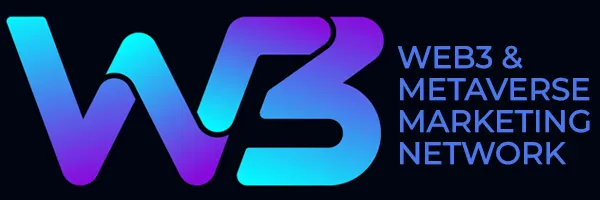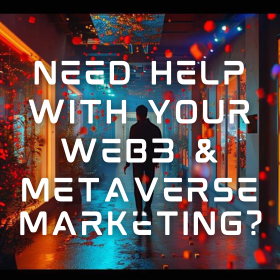The landscape of technology is evolving at an unprecedented pace, ushering in innovations that were once confined to the realms of imagination. Among these innovations stands the metaverse—a dynamic, immersive virtual environment that is rapidly reshaping the digital landscape. While it might sound like something out of a science fiction movie, the metaverse is no longer a mere fantasy; it’s a tangible reality.
As virtual reality (VR) and augmented reality (AR) gain momentum, metaverses are seamlessly integrating into the fabric of the internet. In 2021, an estimated 85 million users engaged with AR or VR monthly, signaling a growing acceptance of these technologies. Although the metaverse might not precisely mirror its portrayal in sci-fi, it undeniably holds transformative potential as a burgeoning computing platform.
Acknowledging the metaverse’s rising prominence is essential, evident in media giants like Forbes dedicating a column to metaverse strategies. Notably, the creation of the Metaverse Investment Fund Metaverse ATF (NYSE: META) underscores the financial sector’s recognition of metaverses’ significance.
Consumers are quick to catch on, as evidenced by over 677,000 Google search results for “metaverse” and widespread usage of the hashtag #metaverse on platforms like Instagram and Twitter. With this backdrop, let’s explore the implications of metaverse growth on social media, PR, and digital marketing.
A Deep Dive into Metaverse Marketing:
Understanding the Metaverse: The metaverse is a shared virtual space where users, represented by avatars, shape and expand the virtual world through their decisions and interactions. It’s not a predefined theme park or a mere game; instead, it fuses reality and the virtual realm seamlessly. Key characteristics, as outlined by Matthew Ball, include perpetual activity, real-time existence, individual agency, a self-contained universe, platform interoperability, and user-generated content.
Marketing in the Metaverse: For digital marketers, staying abreast of technological advances is paramount, and understanding the metaverse is no exception. The metaverse isn’t a passing trend; it’s positioning itself as the next big thing. To navigate this evolving landscape, marketers must recognize the value of targeting millennials and Gen Z, who are avid users of metaverse-related technologies and platforms like Roblox and VR.
Parallel Metaverse Marketing within Real-Life Marketing: Integrating metaverse experiences with real-world marketing initiatives enhances brand relevance. Collaborations like AB InBev’s partnership with Zed Run illustrate how brands can seamlessly extend their real-world engagements into metaverse spaces.
Immersive Experience is Key: Beyond virtual billboards, the immersive nature of metaverses calls for branded installations and events. Examples like Lil Nas X’s concert in Roblox showcase the potential of offering users immersive experiences rather than conventional ads.
Make Collectibles Available: Embracing the human tendency to collect, brands can offer limited-edition items exclusive to the metaverse, creating additional revenue streams. The Gucci Garden experience on Roblox exemplifies successful implementation.
Engage with Existing Communities: Respectful engagement with existing metaverse communities is vital. Collaborating with established community members enhances brand reception, akin to influencer campaigns in traditional social media.
Continuously Experiment: The evolving nature of the metaverse allows marketers ample room for experimentation. As best practices are yet to be established, embracing a spirit of innovation is key to staying ahead.
Other Unique Metaverse Examples: Innovative applications of the metaverse extend beyond marketing. Examples include Dimension Studio’s virtual production set-up for fashion brands, Grand Theft Auto V’s role in political expression, Houzz’s 3D viewer for home decor, and Google Maps’ AR walking directions.
The Future Is in Metaverses: Major companies are actively investing in metaverses, recognizing their potential not only for entertainment but also for professional and business purposes. Facebook, now Meta, is positioning itself as a future metaverse company, emphasizing social metaverses and investing in AR and VR technologies. Other tech giants and popular games are incorporating metaverse elements, indicating a paradigm shift.
Challenges in the Metaverse: While metaverses offer exciting prospects, challenges persist. Accessibility remains an issue due to technological requirements, potentially limiting the market. Brands must navigate the metaverse seamlessly to avoid alienating users, and misconceptions about metaverses as mere children’s games pose communication challenges. Data privacy and security demand heightened attention, and brands must protect their image in the free-for-all metaverse environment.
In conclusion, metaverses present a promising future, despite challenges. Marketers and advertisers have the unique opportunity to be experimental, deliver immersive experiences, and drive innovation in this dynamic space.










